This is truly a sad day for Japan.
Former Japanese Prime Minister Shinzo Abe was unconscious and unresponsive after he was shot in the chest during a political event in the western city of Nara today, Friday the 8th of July. He was later confirmed dead.
Shinzo Abe was undoubtedly one of Japan’s most powerful men. Even after stepping down after his 8 years reign as Japan’s longest serving prime minster in history, he is said to have held the most power in Japan’s biggest political party, the Liberal Democratic Party of Japan (LDP).
The shooting of Shinzo Abe has shocked Japan, which has one of the lowest rates of gun crime in the world due to its extremely strict gun control laws.
In 2018, Japan only reported nine deaths from firearms, compared with 39,740 that year in the United States.
However sad this is, we must discuss what might happen to Japan next. I want to emphasize that these are my educated guesses, and nothing I write here should be taken as financial advice.
Sunday’s parliamentary election likely to boost LDP gains and make the party more stagnant
Ahead of Sunday’s parliamentary elections, nearly a dozen opposition parties are trying to topple the Liberal Democratic Party, which has ruled, almost without interruption, since the end of World War II. These include a party whose sole platform is a call to boycott public broadcaster NHK, and a party whose trademark is burdock roots and says the vegetable can beat bad guys…
It is safe to say that LDP already expected to win by a landslide, but there have been charismatic opposition candidates that have shown capable of taking parliamentary, especially in rural areas.
However, due to the death of Shinzo Abe, these candidates time in the spotlight will likely be eroded right when they need it the most, and many of their seats might fall to LDP candidates again.
In the short run, a decisive LDP victory will likely boost the Japanese stock market during the following days. However, in the long run, it might make the party even more comfortable than previously, likely leading to less willingness for major reform or changes to the Japanese society.
The Japanese Yen likely to strengthen
Since the news of Shinzo Abe’s death broke, the Japanese yen immediately gained with US Treasuries, as investors reflexively sought safe havens. Nikkei 225 futures erased gains after news of Abe’s collapse.
The Japanese yen has been on a downfall since the start of this year, losing approximately 30% of its value to the US dollar. This has made people question the yen as a so-called safe heaven currency, or a currency that goes up in turbulent times.
However, the yen’s uptick due to this event indicates that people still have trust in the yen and that if the turbulent times continues in Japan and elsewhere, we will likely see an appreciation in the currency.
An end to the Bank of Japan’s doping of the Japanese stock market and depreciation of the Yen
This prediction truly falls in the speculation bucket, so take it with a grain of salt.
Even though Shinzo Abe has not been prime minister for the past two years, he held an enormous sway over his party.
Before and after his premiership, He was the biggest proponent of loose physicals policies with negative interest rates and an enormous rate of Japanese bonds and stocks buybacks that propped up the Japanese stock markets to new heights. In fact, Shinzo Abe appointed the head of the Bank of Japan (BOJ), Kuroda Haruhiko, who has enacted all these policies.
The present prime minister, Fumio Kishida, is in a completely different faction of the LDP: A faction that promotes decreasing income disparities by raising taxes and improving social welfare.
Even though the BOJ is independent from the Japanese government, it is clear that the government has enormous power to define BOJ’s policies.
Hence, it is likely that Kuroda will be replaced by a much less aggressive leader who adapts BOJ’s policies in line with central banks in the the US and Europe, which would equal substantially higher interest rates, an end to stock and bond buybacks. This will in all likelihood result in the the Japanese stock market falling further, and give the yen a massive boost to its value.
Even stricter weapons laws for Japan
We don’t know much about the shooter, but he appears to have shot Shinzo Abe with a hand-made shotgun.
There will be public outcry for the government to make sure something like this never happens again, but in a country with one of the world’s strictest gun-laws it is hard to further ban guns. Hence, we will likely see some minor changes to the gun law that makes it even harder for any private citizen to ever obtain a gun.
However, we might see bans on materials and tools that can be used to create a gun, such as specific 3D-printers, chemicals etc. This will likely not decrease violence in Japan, but could hurt people working in these industries…

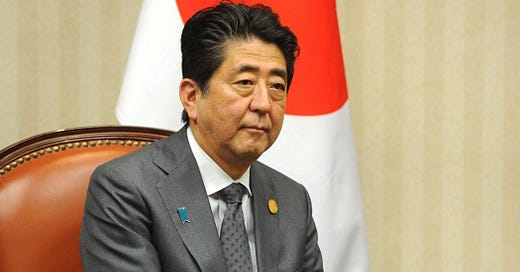



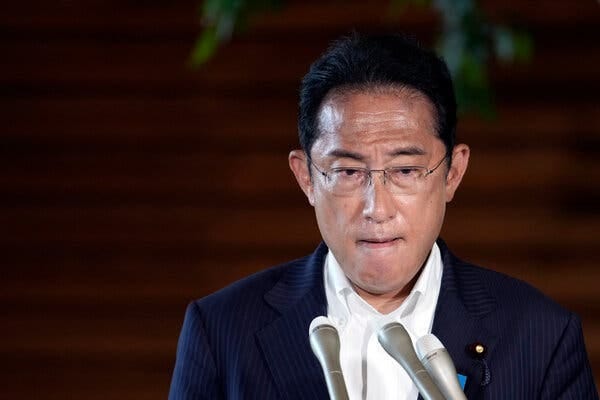
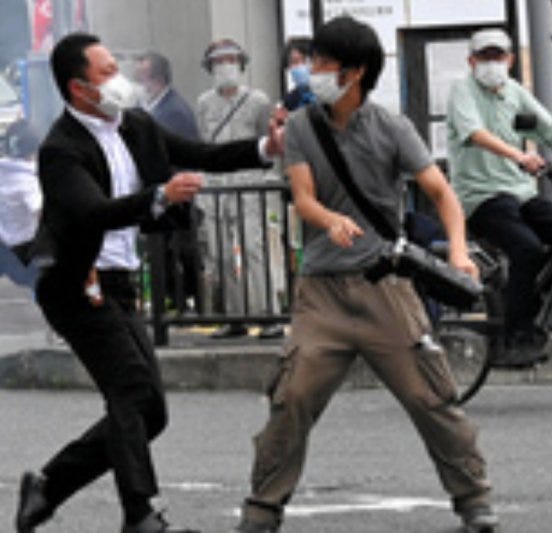
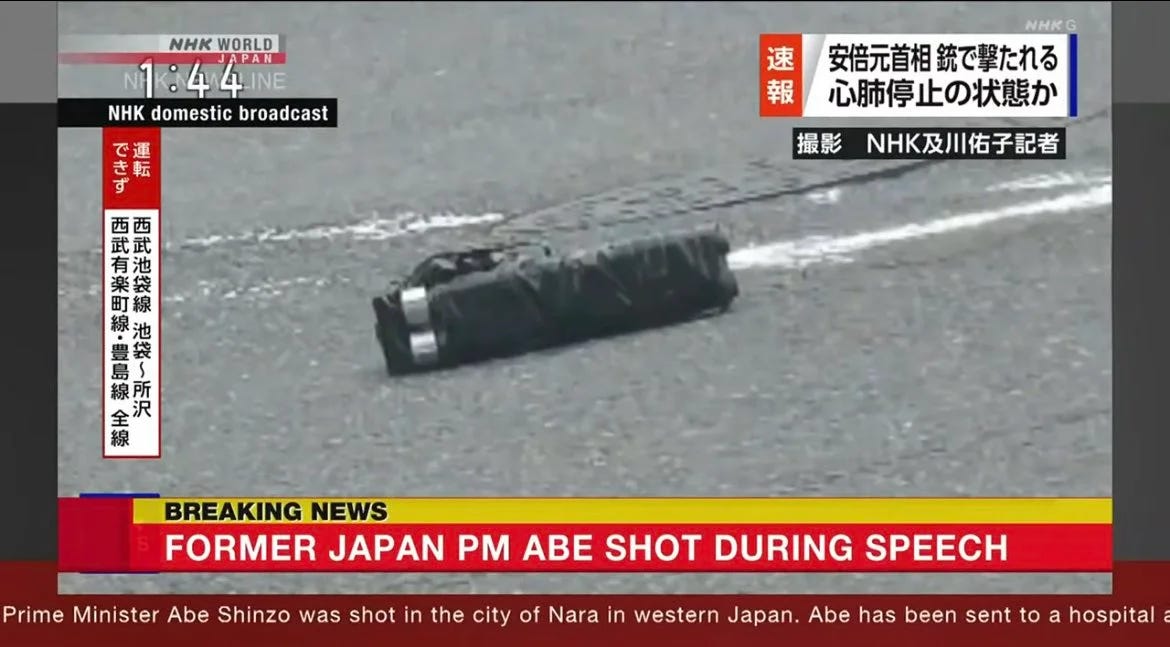

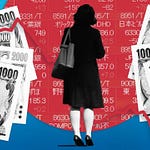


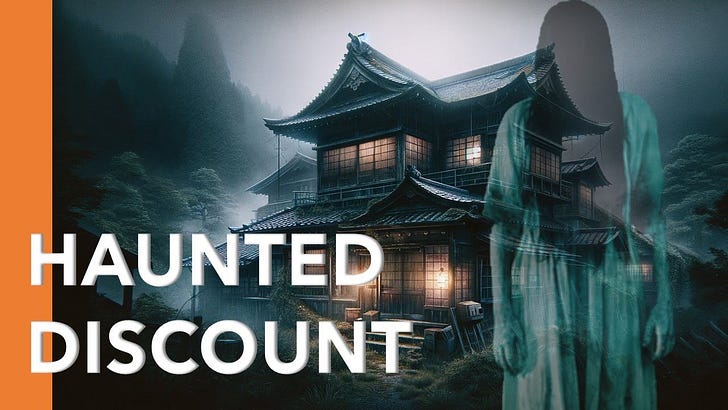




Share this post